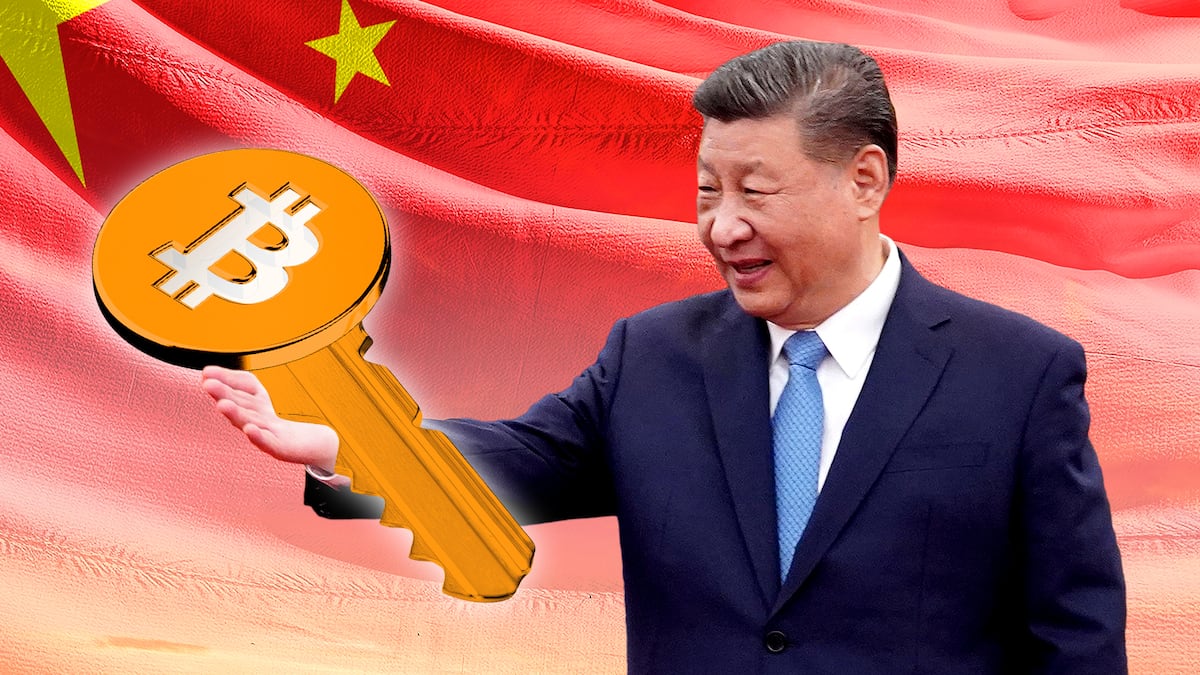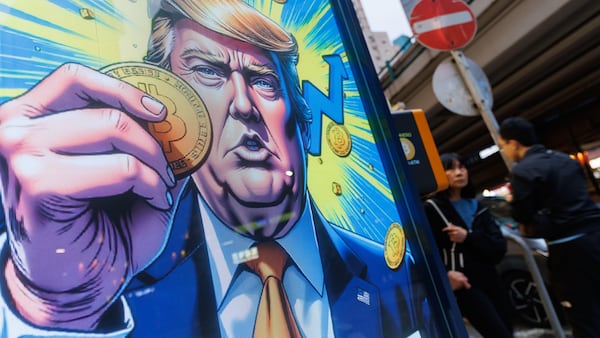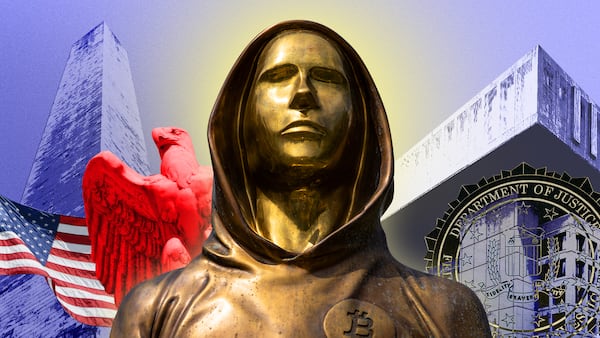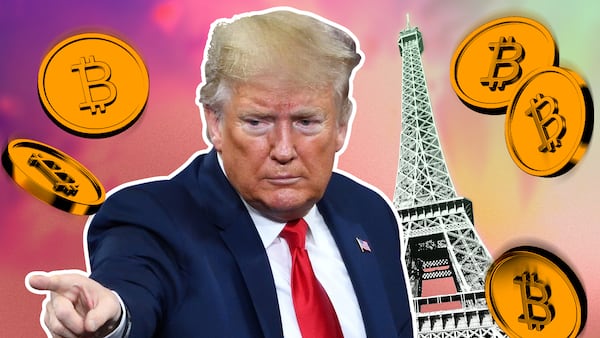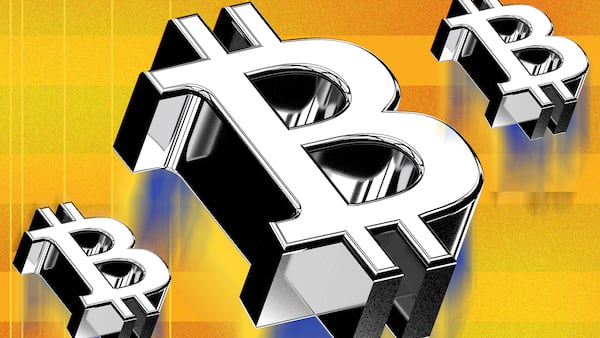- China is letting its currency drop against the dollar.
- The play could fuel a run to Bitcoin among people in China.
- But it comes amid more powerful market forces as a global trade war escalates.
Donald Trump’s trade war is escalating.
But in crypto, some see a silver lining.
Take China, which just slapped new tariffs on the US after earlier this week devaluing its currency, dubbed the renminbi or the yuan, in a bid to boost exports.
Brace for a Bitcoin rally as Chinese investors seek to protect their wealth from diminishing purchasing power, say experts.
“Historically, whenever RMB drops, a lot of Chinese capital flows into BTC, bullish for BTC,” ByBit CEO Ben Zhou wrote on X, using the acronym for the Chinese currency.
Maelstrom chief investment officer Arthur Hayes agreed.
The People’s Bank of China “continues a very gradual yuan weakening,” he wrote on X. “Luckily, $BTC loves money printing and associated CCY weakness,” he said, using another China currency acronym.
China and the US have imposed tit-for-tat tariffs on one another in a massive upending of global trade.
On Wednesday, Trump said he’ll raise tariffs on Chinese goods to 125% while dropping tariffs on all other countries to 10% for a 90-day period. Beijing today said it will raise levies on US goods from 84% to 125% starting April 12.
Crypto prices have largely reacted to geopolitical shifts as global currencies, stocks, government bonds, and gold react to zig-zagging US policy.
Surprisingly, say markets watchers, Bitcoin has remained relatively stable, tracking declines in US stocks but not posting wild swings as it does during previous bouts of market volatility.
How crypto traders will react to market chaos in the longer term remains to be seen, but bulls should temper expectations, said Ben Charoenwong, Associate Professor of Finance at INSEAD.
“Much of the recent Bitcoin price reflects integration with traditional financial markets.”
He added that China’s capital controls mean its citizens will likely search far and wide for a store of value to protect against a falling yuan.
“However, it is unlikely in the near future that people use it as a store of value instead, given the volatility,” Charoenwong told DL News.
In 2016 and 2017, a weakening renminbi sent people in China scrambling for alternatives. Many turned to Bitcoin.
From June 2015 through April 2017, the renminbi fell 11% against the dollar.
This coincided with one of Bitcoin’s steepest surges at the time — the cryptocurrency rose from less than $300 to more than $1,300, a rally that would accelerate through the end of that year when Bitcoin exceeded $17,000.
At the time, China accounted for the vast majority of Bitcoin trading.
But things have changed. In 2021, China extended a years-long crackdown, declaring all crypto businesses “illegal financial activities.”
The country cited crypto’s role in financial crime and instability.
But there was “strong evidence” it was a response to Chinese capital flight, the World Economic Forum wrote in 2022.
The US could have used that to its advantage, according to Charoenwong.
“The US had a unique opportunity to lean into crypto regulation to put more financial pressure on China and affect its ability to control its fund flows,” he said.
Market volatility has upended that. As US Treasury bonds lose their lustre, investors have turned to German government bonds, the euro, and gold.
“We have yet to see such action in Bitcoin,” Charoenwong said.
“There will certainly be a flight to safety. Now, the question is, ‘What is the asset that is perceived to be safe?‘”
Aleks Gilbert is DL News’ New York-based DeFi reporter. You can reach him at aleks@dlnews.com.
